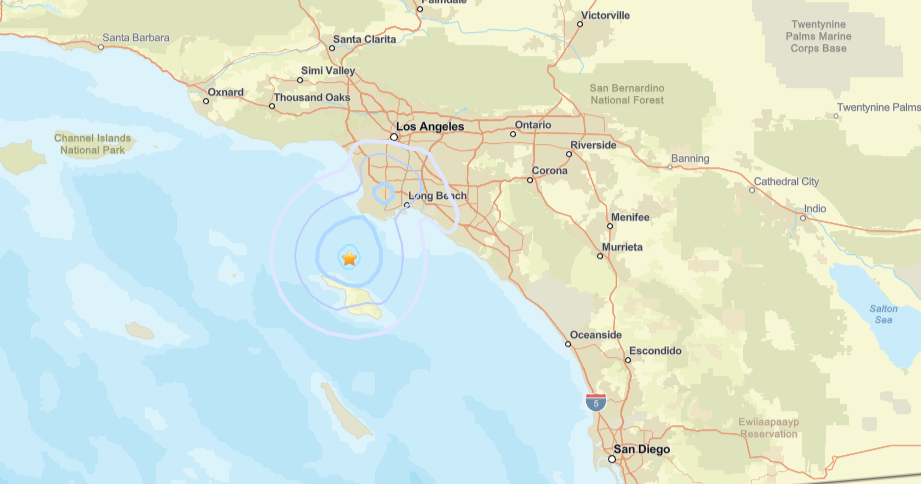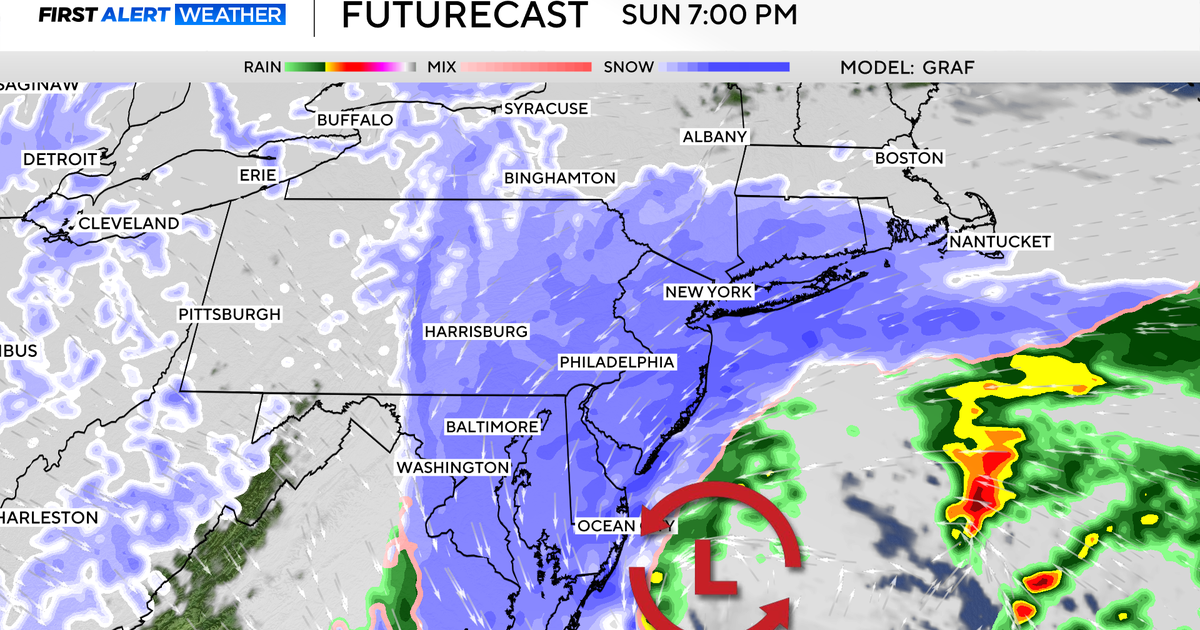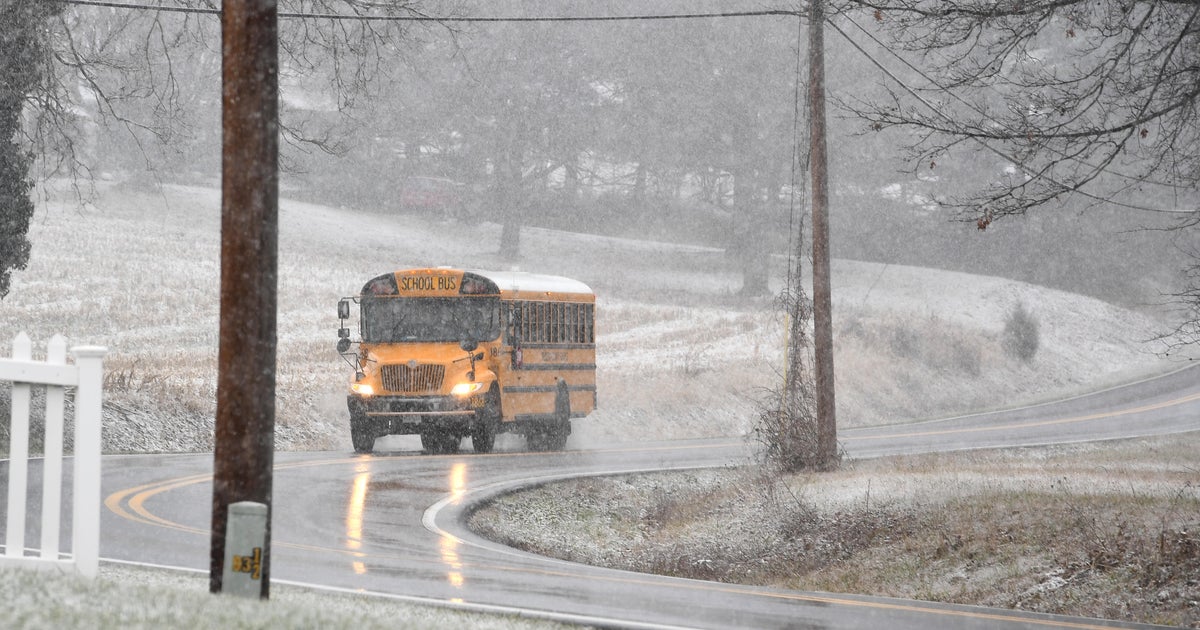Today's Maine earthquake was felt throughout New England. Here's how rare it was.
BOSTON – People around New England felt a 3.8 magnitude earthquake that was centered off the coast of Maine in York Harbor on Monday. So how rare is such an occurrence in New England?
According to the United States Geological Survey, the earthquake was first reported as a magnitude 4.1, but later registered as magnitude 3.8.
People in Boston felt the earthquake while reports came in from around New Hampshire and Rhode Island.
How rare was today's earthquake?
Dr. John Ebel, a Boston College geophysics professor from the Weston Observatory, said it is not a regular occurrence to have an earthquake so widely felt in New England, but it does happen.
"We get these once every four or five years," Ebel said.
WBZ-TV's Jacob Wycoff said there is about a 20% chance each year of a similar earthquake.
Professor Ebel is diving into the data from this quake, explaining that it likely didn't cause any significant damage, but a whole lot of shaking.
"It's a good strong shake, it will scare people, but it's below the threshold for damage," Ebel said. "Damage starts at magnitude 5.0 or so, or maybe 4.8 in some circumstances."
School teacher Christina Garcia was teaching a lesson when the earthquake hit.
"I noticed the Eno board shaking just a little bit," said Garcia. "And it probably lasted a few seconds and then I didn't think anything of it until I started to feel the floor move just a little bit."
Will there be aftershocks?
So should people in the area expect aftershocks following Monday's earthquake? Ebel said it is likely there will be some additional shaking, it's just a matter of if they are widely felt or not.
"Yes. There certainly will be aftershocks that will be reported seismically," Ebel said. "And if the aftershocks get to be magnitude 2.8, 3.0 or 3.1, let's say, those will be felt probably by the people in the North Shore area of Massachusetts as well as coastal New Hampshire and south coastal Maine."
New England fault lines
Ebel said it is particularly interesting to him that the earthquake was centered offshore. The area known as the Norumbega fault zone may be to blame.
In 1755 there was an earthquake in that area with a magnitude around 6.0 to 6.2. That earthquake centered east and north of Cape Ann.
"This is a very interesting and active seismic zone in New England. And I'll certainly be studying this earthquake to learn more about it," Ebel said. "The earthquakes give us a lot of information about the active faults. Every earthquake that you have means that the rock cracked in the earth. And either there was a preexisting fault and the fault moved again, or maybe it's creating a brand new fault. We can't tell which directly from the observation of a single earthquake. But if we add this to the other earthquake activity, we can look for patterns that might suggest where there's a fault. And we know that there has to be a pretty substantial fault offshore east and north of Cape Ann to have given us the 1755 earthquake. So this is a very interesting data point to me."







